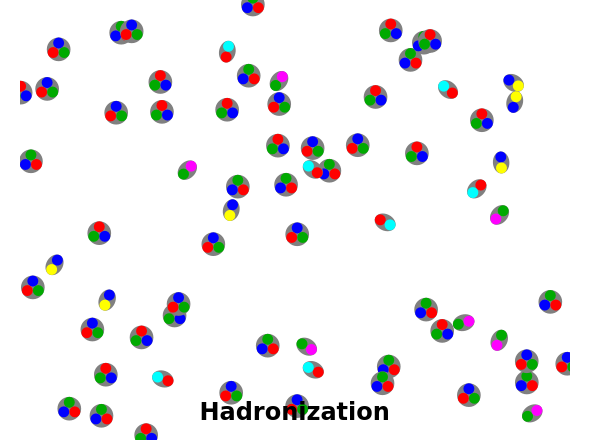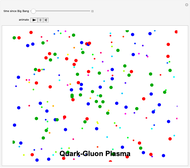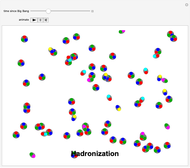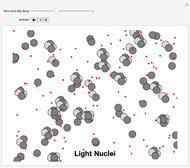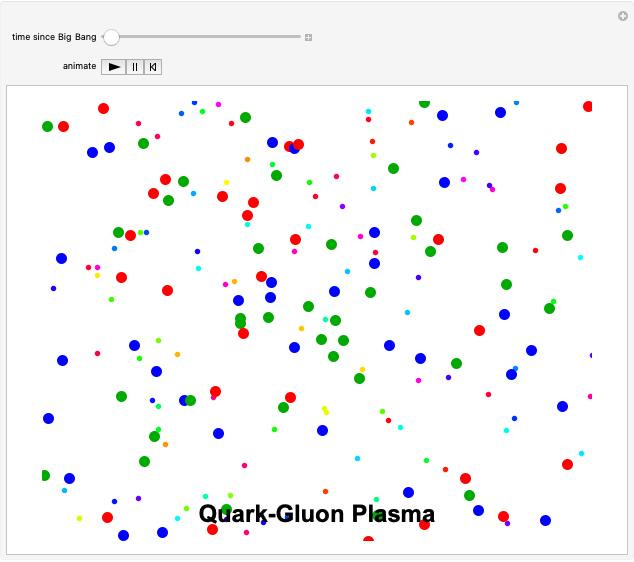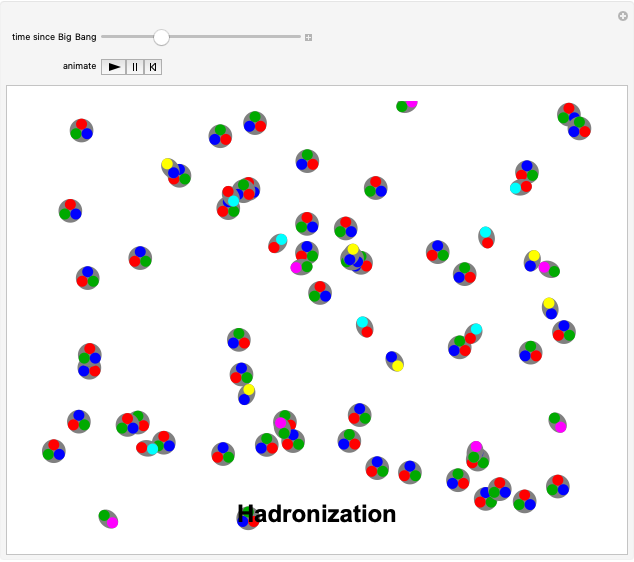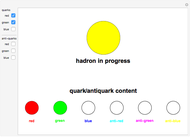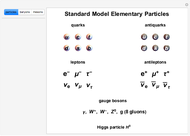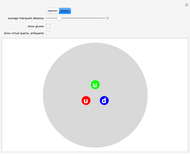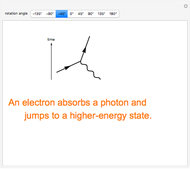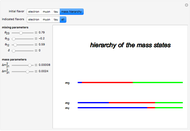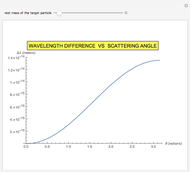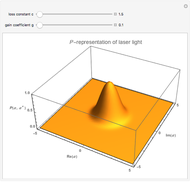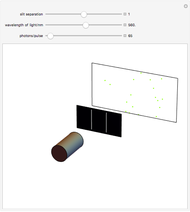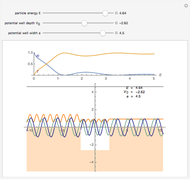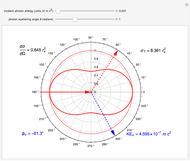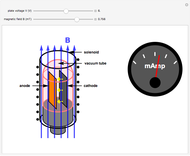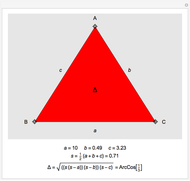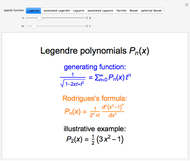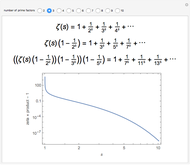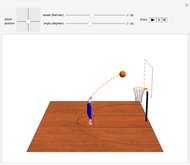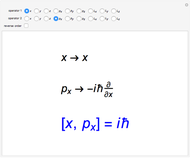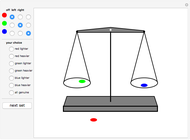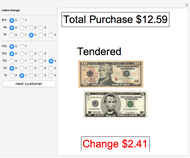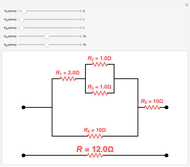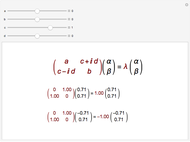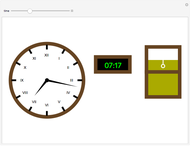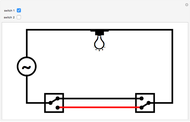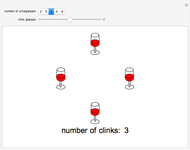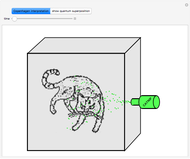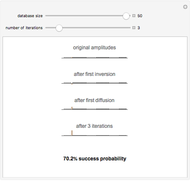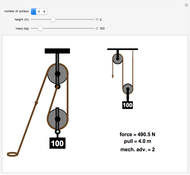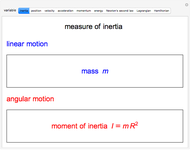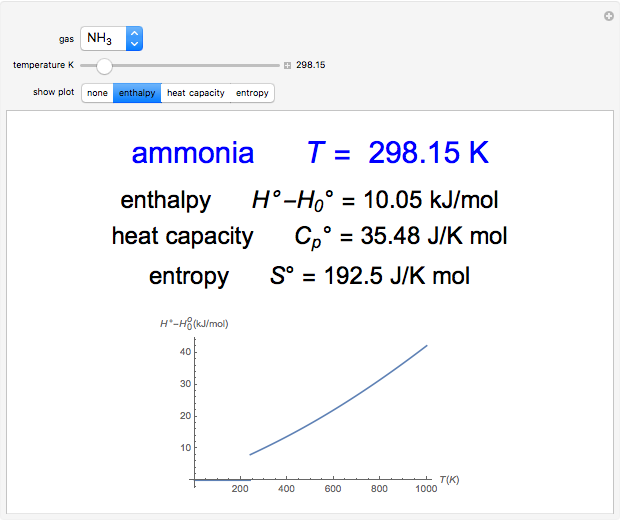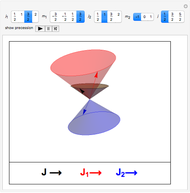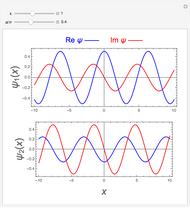Evolution of Matter from a Quark-Gluon Plasma

Requires a Wolfram Notebook System
Interact on desktop, mobile and cloud with the free Wolfram Player or other Wolfram Language products.
The Relativistic Heavy Ion Collider (RHIC) at Brookhaven National Laboratory is able to smash gold ions together to create conditions under which individual protons and neutrons melt into a plasma consisting of quarks and gluons, at temperatures in excess of 4 trillion K. This is believed to approximate the state of the universe approximately  seconds after the Big Bang, 13.7 billion years ago. By about
seconds after the Big Bang, 13.7 billion years ago. By about  seconds the quarks have combined into color-neutral hadrons, most notably protons and neutrons. Also, by a process not yet fully understood, almost all the antimatter particles have been annihilated, leaving our universe composed almost exclusively of matter. By the first three minutes, all the protons and neutrons have combined into the lighter elements deuterium, helium, and lithium, but with hydrogen (protons) still remaining the predominant species. After stars and their supernovas evolve, nucleosynthesis accounts for all the heavier elements.
seconds the quarks have combined into color-neutral hadrons, most notably protons and neutrons. Also, by a process not yet fully understood, almost all the antimatter particles have been annihilated, leaving our universe composed almost exclusively of matter. By the first three minutes, all the protons and neutrons have combined into the lighter elements deuterium, helium, and lithium, but with hydrogen (protons) still remaining the predominant species. After stars and their supernovas evolve, nucleosynthesis accounts for all the heavier elements.
Contributed by: S. M. Blinder (March 2011)
Open content licensed under CC BY-NC-SA
Snapshots
Details
Permanent Citation
